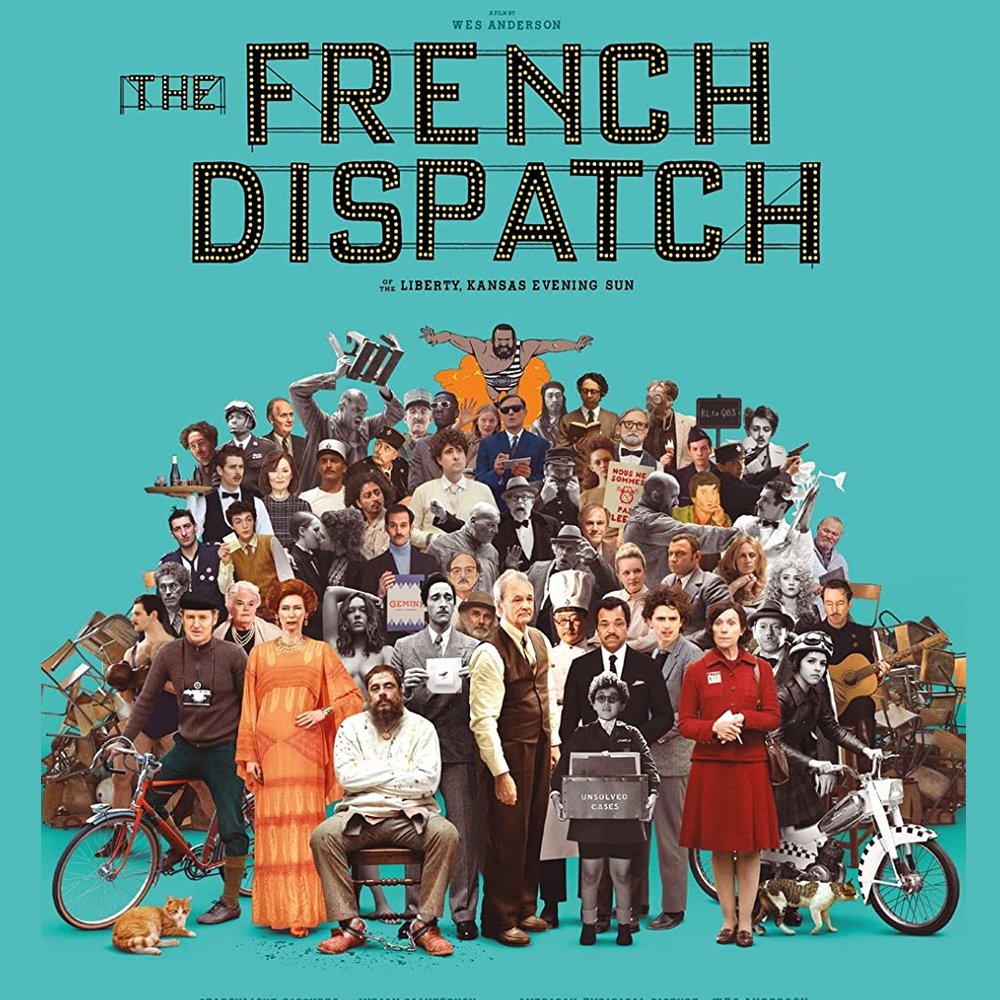Review: Fantastic Mr. Fox
On Friday, March 23rd, 2018, the movie I'm most anticipating in 2018 will finally be shown in theaters. No, it's not Pacific Rim, or Unsane, or Midnight Sun. It's an animated feature - and no, it's most certainly not Sherlock Gnomes. It's Isle of Dogs, a stop-motion animation film from Wes Anderson, the director of my favorite film, The Grand Budapest Hotel. Even though I haven't seen Isle of Dogs yet, and won't be able to for a little while, this gives me an excuse to talk about and recommend his previous film of the same ilk, the Fantastic Mr. Fox.
Released in 2009, Fantastic Mr. Fox is a film I believe most anybody can enjoy, whether you're an animation buff who needs something to appreciate, an average movie-goer who just wants something charming to watch, a young child who wants to watch talking animals on screen, or a film analyst who wants to dissect the complex inner workings of the characters' different arcs. The only real barrier to entry might be the stop-motion animation itself; I've seen people complain that the characters are scary-looking and unnatural. This, combined with Wes Anderson's tendency to subtly break the fourth wall (since his characters look directly into the camera rather frequently, and the perfectly symmetrical shots in the film are off-putting), can definitely interfere with audience immersion. While I am unable to argue against this, my suggestion is to try to get past it, because otherwise you would miss out on a very touching coming-of-age story that can resonate with both children and adults. In essence, the film has two main characters: Mr. Fox (voiced by George Clooney) and Ash, Mr. Fox's son (voiced by Jason Schwartzman). Both go through different arcs that stem from the same problem: an identity crisis. In the case of Mr. Fox, he goes through a mid-life crisis. He was a wild animal when he was young, killing and stealing animals from farmers. But now, as an older fox, he writes columns for a newspaper that he fears nobody actually reads. He thus feels disconnected from what he thinks is his true nature, and decides to steal from the three toughest farmers on the planet - Boggis, Bunce, and Bean - as a means of reaffirming this lost identity. This leads to greater conflicts in the film. The ultimate lesson to be learned from his arc is that lingering on past identities can prevent you from properly embracing new ones that might be more beneficial to your health and the well-being of those around you.
Conversely, Ash's identity crisis comes from a combination of being an adolescent and his desire to assign himself an identity that is not his own. His arc begins when his cousin, Kristofferson, begins living with the Foxes, and seems to (unintentionally) steal all of Ash's family's attention, as well as the attention of the school, because he's talented at basically everything he does, particularly athletics. Ash, on the other hand, really wants to be an athlete, since his father was a legendary athlete when he was younger, but he does not have the aptitude for it. Thus, he takes his frustrations out on those around him by being rude and aloof, particularly to Kristofferson. Over the course of the film, Ash realizes that he should embrace his own identity rather than the unrealistic one he imposes on himself, and becomes a better person as a result. Another element of Fantastic Mr. Fox that is worth noting is the intense amount of charm. The film's tone is very light, despite the story's darker content, with happy folk music and hilariously deadpan dialogue. The animation adds to the charm by dressing the characters in their best outfits, and moving them around in either a realistic or unnatural manner. Whenever the latter happens, it's a nice subversion in comparison to other current animated films that try to look really realistic. There's always something about Wes Anderson films that exudes a disgusting amount of pleasantness, and this feature is quite uncommon among film directors. This pleasantness manages to make the deep and unpleasant nature of the themes of his films more digestible, which is a strange way of approaching dark subject matter, but one that always seems to work for this director.
In conclusion, you should definitely watch Fantastic Mr. Fox, especially since Isle of Dogsis right around the corner. It's charming, very well-animated, and holds appeal for almost anyone who decides to watch it. Happy viewings, and I hope Isle of Dogs is just as good, if not better.







